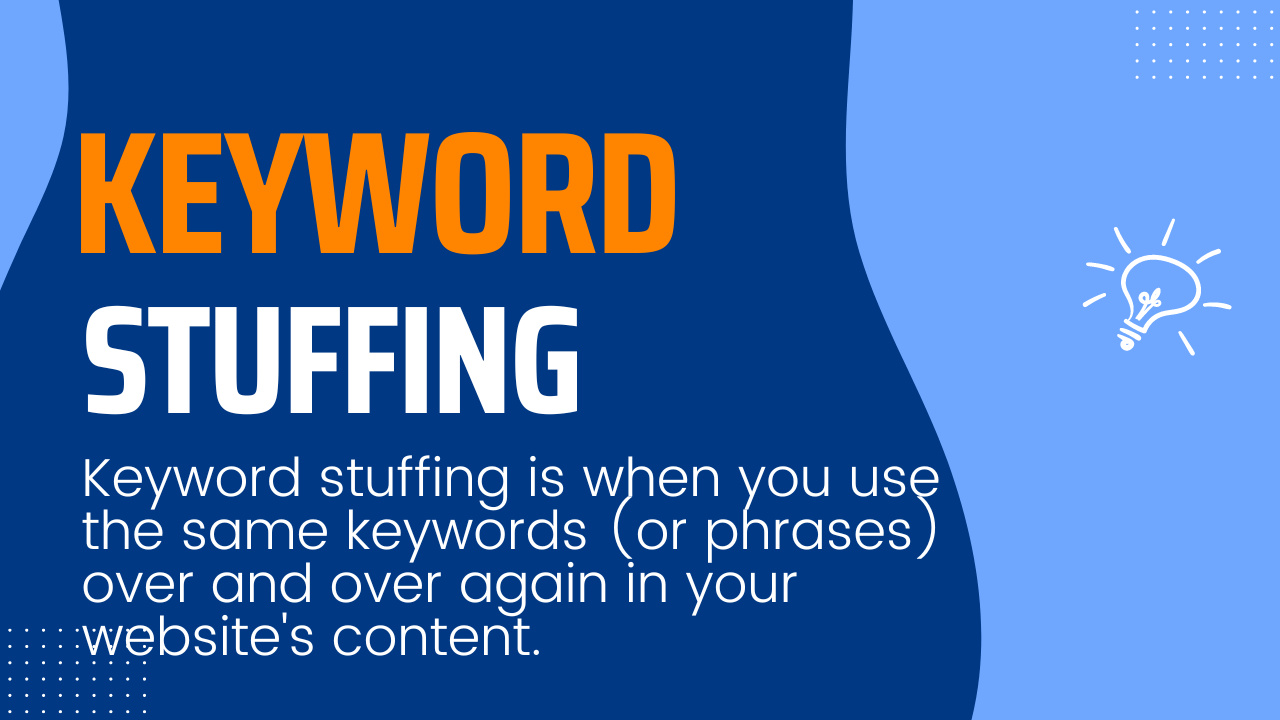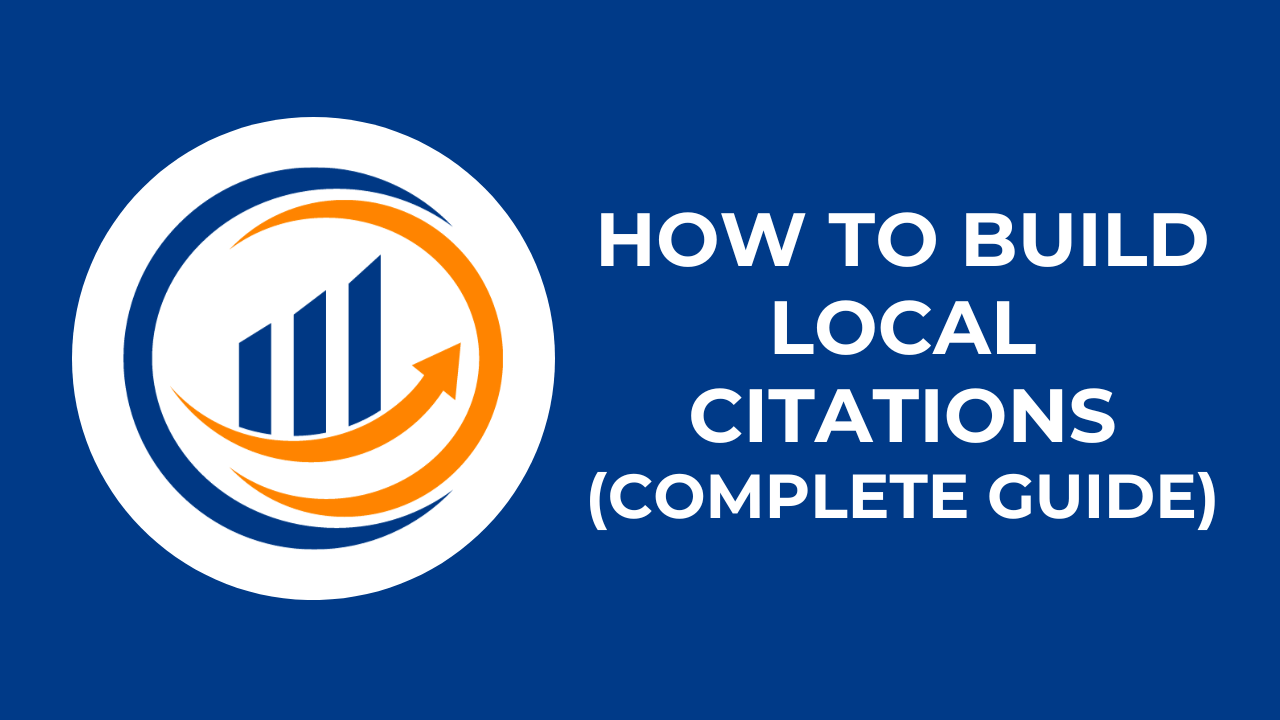Keyword stuffing hurts your Bradenton website’s SEO by attracting penalties and lowering user satisfaction. It disrupts natural content flow, hindering visitor interactions and causing high bounce rates. The irrelevant keywords frustrate users, leading to decreased engagement and trust in your brand.

Poorly written, spammy content from keyword stuffing results in low conversion rates. Search engines like Google penalize websites practicing keyword stuffing, affecting rankings and potentially removing your site from search results. Embrace user-centric content with natural keywords for better performance and user experience. Discover why avoiding keyword stuffing is essential for your Bradenton website’s success.
Negative Impact on SEO Rankings
Excessive keyword stuffing on your Bradenton website can greatly harm your SEO rankings by triggering penalties from search engines like Google. When search engines detect keyword stuffing, they perceive it as an attempt to manipulate rankings rather than providing valuable content. Consequently, your website may experience lower SEO rankings or even get removed from search engine results altogether.
Moreover, focusing on keyword stuffing detracts from creating a positive user experience. Users visit your website seeking valuable information or solutions to their queries. If your content is riddled with irrelevant keywords, it becomes challenging for users to engage meaningfully with your website. This leads to high bounce rates as visitors quickly leave due to the lack of authentic content that addresses their needs.
To maintain a strong online presence and attract more visitors, prioritize creating authentic content that resonates with your audience while strategically incorporating relevant keywords. By focusing on user experience and providing valuable information, you can improve your SEO rankings without resorting to harmful practices like keyword stuffing.
Decreased User Engagement
Keyword stuffing greatly diminishes user engagement on websites by obstructing the natural flow of content and impeding meaningful interactions with visitors. When you overload your website with irrelevant keywords, it disrupts the user experience, making it harder for visitors to find valuable information. This leads to high bounce rates, where users quickly leave your site due to the poor user experience caused by keyword stuffing. As a result, user engagement is markedly reduced, and visitors are less likely to spend time exploring your content.
Additionally, the practice of keyword stuffing not only decreases user satisfaction but also detracts from the overall quality of your website. Users are looking for authentic, informative content that addresses their needs, not content filled with excessive keywords that make it difficult to read and comprehend. By avoiding keyword stuffing and focusing on creating valuable, user-friendly content, you can improve user engagement, satisfaction, and ultimately the success of your Bradenton website.
High Bounce Rates
When users encounter a website overloaded with irrelevant keywords, their likelihood of swiftly leaving due to a subpar user experience rises considerably, resulting in what’s known as high bounce rates. Keyword stuffing not only disrupts the flow of your content but also makes it challenging for visitors to find the information they seek. This poor user experience leads to frustration and drives users away from your site before they even explore what you have to offer. High bounce rates signal to search engines that your website may not be providing valuable or relevant content, potentially impacting your rankings.
To prevent high bounce rates caused by keyword stuffing, focus on creating content that’s informative, engaging, and user-friendly. By offering valuable information that’s easy to read and navigate, you can keep visitors on your site longer and encourage them to explore further. Remember, quality content and a seamless user experience are key to reducing bounce rates and improving the overall performance of your website.
Low Conversion Rates
To improve your website’s performance and drive more conversions, focus on creating valuable content that resonates with your audience and avoids the pitfalls of keyword stuffing. Keyword stuffing leads to low conversion rates as users are deterred by poorly written, spammy content. When visitors encounter irrelevant keywords forced into the text, they’re less likely to engage with your call-to-action, ultimately resulting in low conversion rates.
This negative impact of keyword stuffing not only affects conversion rates but also contributes to high bounce rates, indicating that users are quickly leaving your site without taking desired actions. Additionally, users may lose trust in your brand when they’re presented with spam-like content, further diminishing conversion rates.
Search Engine Penalties
Avoid the negative repercussions of keyword stuffing by understanding how search engines penalize websites that misuse keywords. Engaging in keyword stuffing can lead to severe consequences, as search engines like Google actively penalize websites that employ this outdated tactic.
Google’s algorithms are designed to detect keyword stuffing and penalize websites by either decreasing their rankings or even removing them from search engine results altogether. By resorting to keyword stuffing, you risk facing search engine penalties that can greatly harm your website’s visibility and relevance in search results.
It’s essential to prioritize creating valuable and user-centric content that naturally incorporates keywords for SEO purposes, rather than trying to manipulate search engines through keyword stuffing. Remember, search engines aim to provide users with the most relevant and high-quality content, so avoid keyword stuffing to maintain a positive online presence and avoid penalties.
Decreased Relevance to Visitors
Keyword stuffing reduces the relevance of your website to visitors by inundating the content with an excessive number of keywords, making it less readable and engaging. When users visit a website filled with keyword-stuffed content, they may encounter the following issues:
- Decreased Relevance: Visitors struggle to find the information they seek as keywords disrupt the natural flow of the content, leading to a disconnect between what they expect and what they find.
- Low Engagement: Due to the lack of user-friendly content caused by keyword stuffing, visitors are less likely to engage with your website, reducing the time spent on it and the interactions with your brand.
- High Bounce Rates: The negative impact of keyword stuffing on user experience often results in high bounce rates, where visitors quickly leave the site in search of more valuable and readable content.
Damage to Brand Reputation
Damaging your Bradenton website’s brand reputation, keyword stuffing can portray your site as untrustworthy and spammy to users. When users encounter a website overloaded with keywords, they may question the credibility and authenticity of the content provided. This skepticism can lead to a negative perception of your brand, impacting its authority and reliability. As a result, users may be hesitant to engage with your site, ultimately affecting conversion rates.
In the digital age, where user experience plays a pivotal role in online success, it’s essential to prioritize quality over quantity when it comes to content. By avoiding keyword stuffing and focusing on delivering valuable information naturally, you can enhance user trust and loyalty. Remember that a positive user experience not only fosters repeat visits but also contributes to a positive brand image.
Frequently Asked Questions
Why Should You Avoid Keyword Stuffing?
Avoid keyword stuffing to maintain credibility and user engagement. Search engines penalize such practices, leading to lower rankings. Focus on quality content to answer users’ questions naturally while strategically integrating keywords for SEO success without resorting to outdated tactics.
How Does Google Penalize Keyword Stuffing?
When Google spots keyword stuffing on your Bradenton site, it tanks your rankings. They’ll even boot you off search results. Don’t risk it. Write for humans, not robots. Keep keywords natural for better SEO results.
Is Keyword Stuffing Unethical?
Keyword stuffing is definitely unethical. It manipulates search engines and ruins user experience. It’s important to create quality content with strategic keyword use. Don’t risk penalties and low rankings. Focus on authenticity and relevance for better results.
Conclusion
To sum up, keyword stuffing is detrimental to your Bradenton website’s performance. It harms your SEO rankings, decreases user engagement, leads to high bounce rates, and low conversion rates, and can result in search engine penalties.
By focusing on creating high-quality, user-friendly content that incorporates keywords strategically and organically, you can avoid these negative consequences and improve your website’s visibility and success.
Remember, quality content is key to attracting and retaining visitors.




